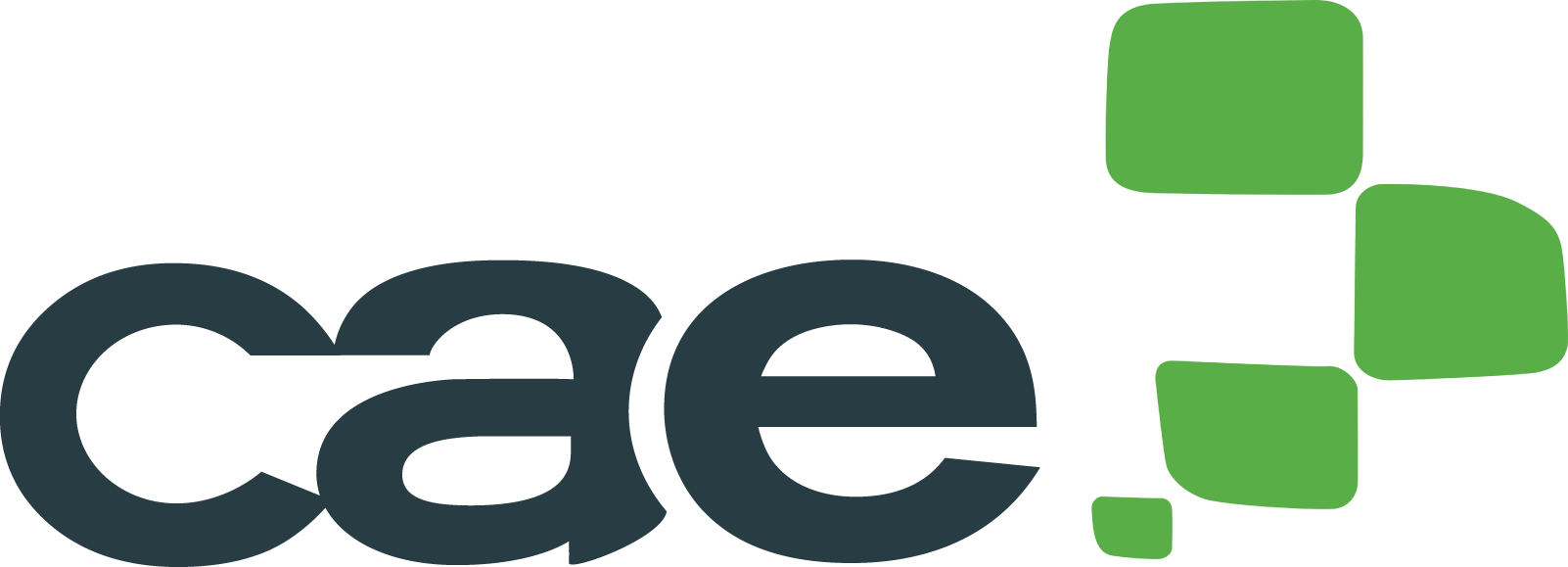In recent years international secondary and higher education centres have been experimenting with a process which has made some big changes to their structure and functioning. A great number of institutions implement an LMS, Learning Management System, and they are more an more common every year.
Educational platforms (Learning Management Systems – LMS) are innovative tools which educational centres should not be without today. They help to create, adopt, administer, distribute and manage all of the activities related to e-learning training, or can act as a complement to classroom learning. When training centres implement an LMS, they make the classroom experience much more powerful, because 21st century educational methodologies have changed into those which are much simpler, more personalized, interactive and experiential.
Going even further, Learning Content Management Systems (LCMS) make the management of everything related to learning much more comprehensive, personalized, of a high quality and enhanced through the use of virtual classrooms and multimedia content.
Offering teachers and students a Virtual Campus, personalized and unique, is what makes LMS classrooms a success in education and learning experiences.

LMS are not only a web space for learning, but they make learning a real experience
#1. It´s easy to implement an LMS
LMS is a piece of software which is easy to implement in your educational centre. It brings together under one platform all academic programs, subject study guides and training, which thanks to technical support from the providers and developers of LMS platforms, is done easily.
#2. Better involvement of teachers and students
For a student community to perform or function well, be it at school or university, it needs efficient access to information. Classrooms or virtual campuses act as support and a channel of communication, for teachers and students alike, when going forward with an educational project or virtual learning.
#3. No need for LMS training
It’s a structured technology whose objective is to make the lives of users much easier and pleasant thanks to its user friendliness. An intuitive tool which doesn’t require training or a manual; students and teachers alike can take to it like a duck takes to water. LMS are easy to learn how to use, including using new tools or features which you may not have used previously.
#4. Portability
It’s possible to access the LMS from anywhere with an internet connection from any device, be it a computer, smartphone or tablet. If a teacher needs to give a revision class they can connect with all the students through a virtual classroom, or if a student is away on holiday or travelling they can access the class content and exercises anywhere.
#5. LMS are reliable
Educational platforms allow complete personalized access to all members of its community, just like the support received in a classroom environment. In these comprehensive virtual campuses it is easy for all users to find the communication tools they need, such as those for making presentations or resource mapping, internally or from the internet. Reliability is ensured.
#6. To implement an LMS can save you time and money
Having all information in the same place is a strong argument for using an LMS, avoiding loss of data and information and making it available to all users in one place. Educational platforms allow the complete management of everything related to teaching, saving time and money. Educational centres can duplicate classes with the same teachers and exploit the most of each SCORM compliant online course, using it again and again.
#7. Maximum efficiency
Thanks to these platforms it’s not only the administrators who benefit. Given the simplicity and efficiency provided in all processes, teachers and students can exploit the most of the online learning process with an LMS.
The possibilities for personalization are unlimited and can fit to any educational centres’ needs, for example an LMS can contain: chat, virtual classes, forums, multimedia content, interactive content, supportive resources for the student, individual monitoring, group monitoring, evaluation and analysis through reporting and much more, making for maximum efficiency.
#8. Implement an LMS and improve the learning experience
This is the ultimate goal of any virtual campus that we have spoken about previously. LMS are not only a virtual space created for learning, but make learning a more complete experience.
In conclusion, these learning platforms are potentially fitting for the educational sector for any materials from languages or I.T to humanities and social sciences etc. The results of training and education with the support of an LMS guarantee successful training as well as motivating students.

